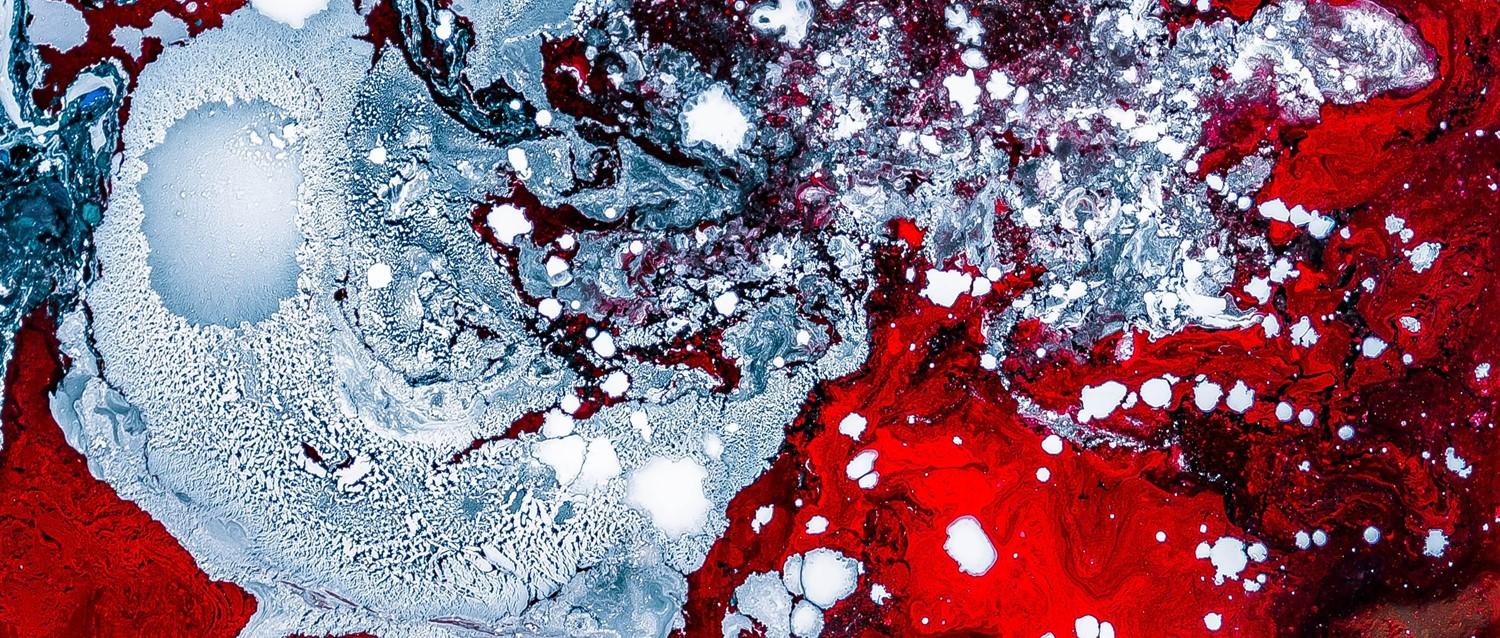
Scientists identify a mechanism to 'neutralise' HIV
Peer reviewed by Joe CrowtherLast updated by Ashwin BhandariLast updated 12 Sept 2019
Meets Patient’s editorial guidelines
- DownloadDownload
- Share
- Language
- Discussion
A multinational team of experts may have accidentally identified a mechanism to neutralise the HIV virus.
The group of Russian, Swiss, British, American and Finnish scientists were developing polysulfur heterocycles, with the intention of tackling cancer. Through their extensive research, they found out the drug could be used effectively to treat HIV/AIDS by destroying the virus to ensure it does not spread to the rest of the body.
A statement from a press release at South Ural State University in Russia claims the group discovered a compound that removes zinc from the HIV virus.
Leading researcher Professor Oleg Rakitin explained: "From the very beginning, we considered the anti-cancer effect of this drug class to be our priority, but it unexpectedly turned out that such compounds can also have high and selective activity against the immunodeficiency virus of cats, which is the closest analogue of the human immunodeficiency virus."
The team discovered drugs that were potent antivirals but that did not damage the ordinary, healthy cells, therefore reducing the collateral damage experienced by so many patients on powerful antiviral medications. They aim to carry out more research in a bid to explore what other diseases the compounds could treat.
HIV (human immunodeficiency virus) is a virus that damages the cells in your immune system and weakens your ability to fight everyday infections and disease.
Antiretroviral medicines are used to treat HIV. They work by stopping the virus replicating in the body, allowing the immune system to repair itself and preventing further damage. Taking effective HIV treatment and being undetectable significantly reduce the risk of passing on HIV to others.
Around 90% of people living with the illness in the UK are diagnosed, according to the National AIDS Trust (NAT).
There were 37.9 million people living with AIDS/HIV worldwide in 2018, according to the latest data from UNAIDS.
New HIV infections have steadily declined by 40% since the peak in 1997.
Patient picks for HIV and AIDS

Sexual health
World AIDS Day: Where are we now with HIV?
Medical advancements have transformed our understanding of HIV since the early days of the epidemic in the 1980s Now, people with HIV can lead long, healthy lives, thanks to developments in prevention and treatment. So what do we know about HIV - and what are the latest developments?
by Lydia Smith

Sexual health
Is it easy to have an HIV test?
Checking your sexual health can be fast, straightforward, and comfortable. There are several HIV testing options in the UK to choose from, either in a clinic or from your own home. Finding an HIV infection as early as possible means more effective treatment and greater chances of full recovery.
by Amberley Davis
Continue reading below
Article history
The information on this page is peer reviewed by qualified clinicians.
12 Sept 2019 | Latest version
12 Sept 2019 | Originally published

Ask, share, connect.
Browse discussions, ask questions, and share experiences across hundreds of health topics.

Feeling unwell?
Assess your symptoms online for free
Sign up to the Patient newsletter
Your weekly dose of clear, trustworthy health advice - written to help you feel informed, confident and in control.
By subscribing you accept our Privacy Policy. You can unsubscribe at any time. We never sell your data.